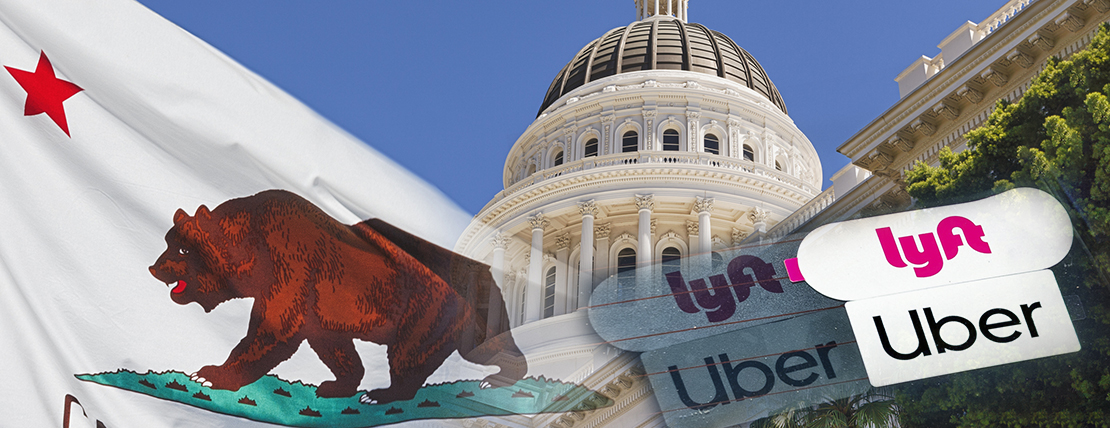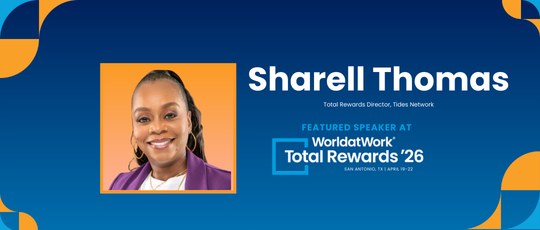- Victory for ride-share companies. A California appeals court ruled in favor of ride-share companies’ Proposition 22 that allows them to maintain their independent contractor business model in the state.
- Workers do receive some benefits. Under Prop 22, drivers who work 15 hours or more a week gain occupational-accident insurance coverage and are paid 30 cents for every mile driven, among other benefits.
- No effect on DOL’s pending rule. The DOL proposed a rule in October that would run counter to Prop 22 and would force ride-share companies to classify drivers as employees under the FLSA. That means even if a gig worker falls within the confines of Prop 22, the worker could still be deemed an employee under the new federal standard — although it depends on the particular facts of each case.
- Less worker protection laws. As a result of that passage of Proposition 22, it might be reasonable to see less paternalist employment laws — which seek to control employee behavior — and more laws that allow people to take charge of their own livelihoods.
Ride-share companies such as Uber and Lyft on March 13 secured an important victory to preserve their independent contractor model in the state of California, under a decision from the California First District Court of Appeal. The decision could be important for all employers because it could lay the groundwork for how other states classify workers.
In the ruling, the appellate court upheld Proposition 22, a 2020 ballot measure that was passed by state voters and allows many workers to remain independent contractors under state law. The decision reverses an August 2021 superior court decision that ruled Prop 22 unconstitutional.
Proposition 22 essentially was an effort to overturn California Assembly Bill 5, which codified drivers of ride-sharing companies as employees. As a result of that bill, drivers would have qualified for the kind of benefits typically offered to employees, such as unemployment insurance, overtime pay and sick/paid leave.
Gig economy companies like Uber, Lyft, DoorDash, Inc. and Instacart Inc. poured significant financial resources into Proposition 22.
The Independent Contractor Model
Although drivers do not become employees under Proposition 22, they do gain some key benefits. Namely, drivers who work 15 hours or more a week gain occupational-accident insurance coverage and are paid 30 cents for every mile driven, among other benefits.
Apparently those benefits outweighed the advantage of being employees to voters, who passed Proposition 22.
“While opponents of Proposition 22 believe they are ‘protecting’ workers by forcing them to become employees instead of independent contractors, Prop 22 specifically asked workers what they wanted and those workers made it clear that they do not want to be employees,” said Laura Reathaford, leader of law firm Lathrop GPM’s California employment practice.
While Proposition 22 will face additional legal challenges in California, it is now the state’s independent contractor model. What’s more, some form of Proposition 22 is likely to be adopted by other states, Reathaford added.
Contractor Rules on the Federal Level
To further complicate matters, the U.S. Department of Labor proposed a new rule in October that was similar to California’s Assembly Bill 5 in that it will make it harder for companies to classify workers as independent contractors under the Fair Labor Standards Act (FLSA).
The DOL’s proposed rule is being challenged by the same group of gig economy companies. Such a challenge is important because the California appeals court decision will have no real bearing on the proposed rule.
“This situation in California really does not impact the federal laws pertaining to independent contractor status,” Reathaford said. “State and federal governments both independently legislate wages and hours.”
That means even if a gig worker falls within the confines of Prop 22, the worker could still be deemed an employee under the new federal standard – although it depends on the particular facts of each case, she explained.
The Future of Worker Protection Laws
As a result of that passage of Proposition 22, Reathaford said it might be reasonable to see less paternalist employment laws — which seek to control employee behavior — and more laws that allow people to take charge of their own livelihoods.
“With the growth of the gig economy, workers have been empowered to essentially run their own businesses along with managing their own working conditions,” she said. “This is the foundation of capitalism, upon which the U.S. economy has been based for decades.”
Editor's Note: Additional Content
For more information and resources related to this article see the pages below, which offer quick access to all WorldatWork content on these topics:








